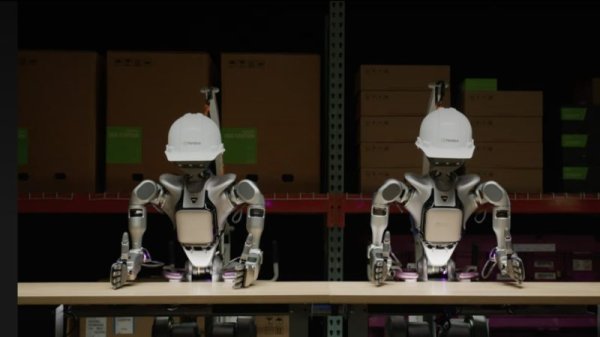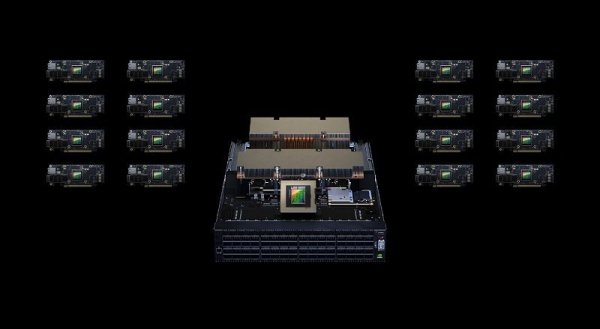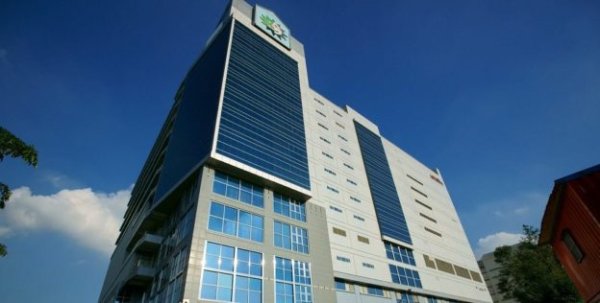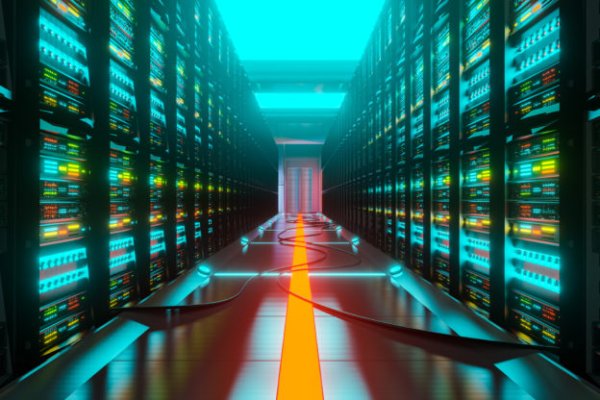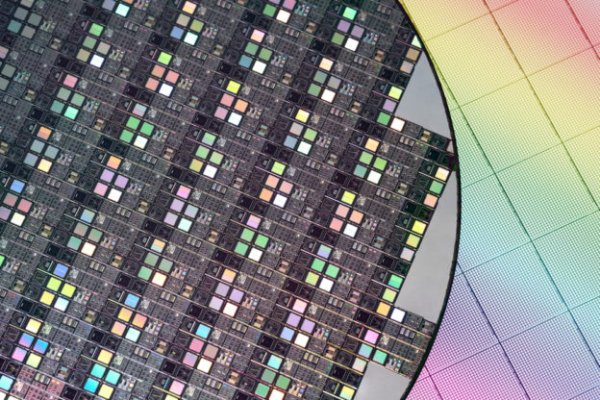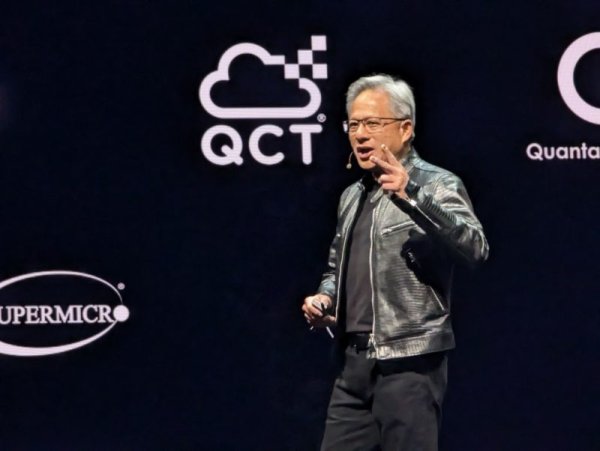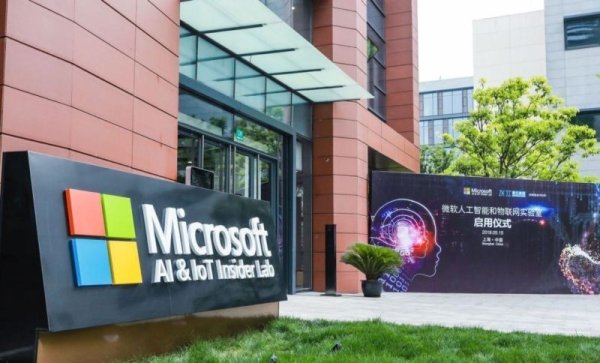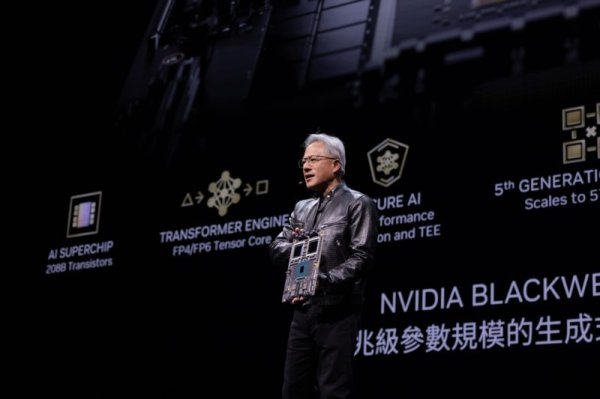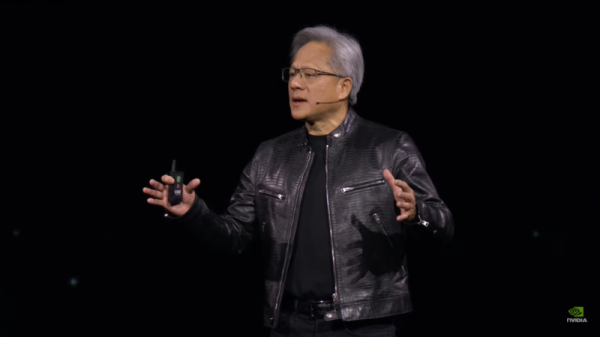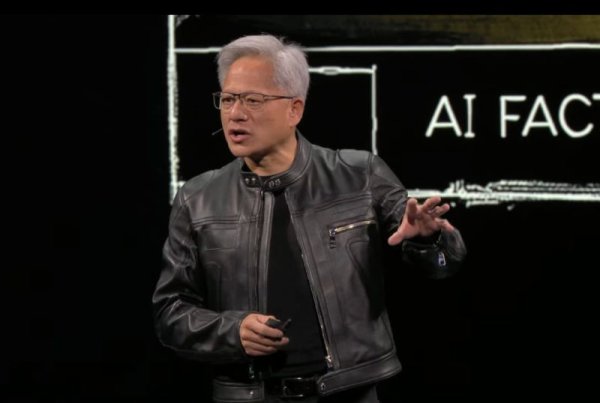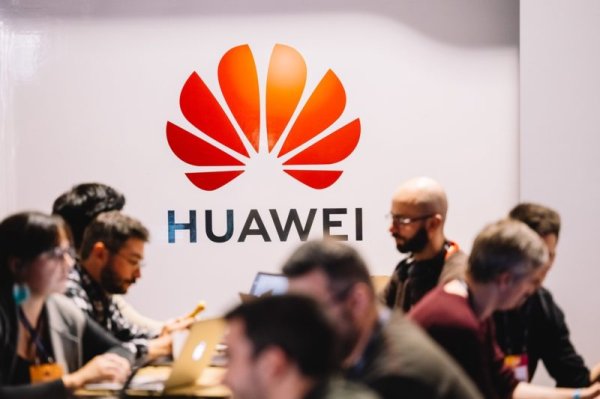Pat Gelsinger: Energy shortage will inhibit AI bubbles, but Taiwan’s core challenge is also in energy
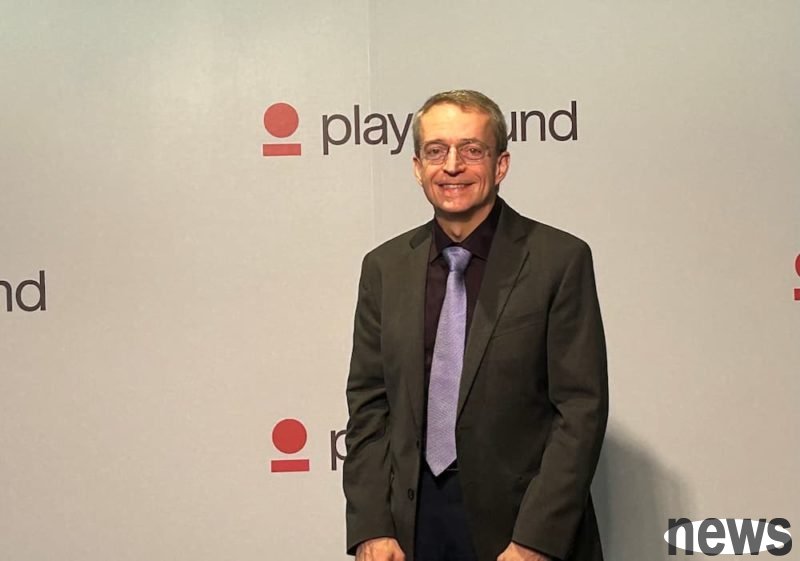
Pat Gelsinger, a partner at Silicon Valley venture capital company Playground Global and former CEO of Intel, visited Taiwan today (18th). When asked whether he saw an AI bubble and over-construction problems by large cloud service (CSP) players, he said that this will mainly be affected by the current energy supply.
Pat Gelsinger pointed out that large cloud companies will be limited by energy supply, so the speed of energy growth will directly affect the overall investment pace. Take data centers as an example. Industry players are willing to invest billions of dollars in building infrastructure, but they will not directly invest four to five billion dollars in chips without confirming the power supply. Whether electricity is sufficient is a prerequisite for all investments. He also believes that limited power has inhibited the possibility of overheating in the AI industry.
Pat Gelsinger also believes that Taiwan is indeed playing an increasingly important role in global innovation, but in addition to software and infrastructure, Taiwan's biggest core challenge lies in energy. Taiwan's energy supply chain lacks resilience, which is a structural risk to the industry. Only by improving the resilience and stability of energy supply can the long-term development of the industry be supported.
Currently, energy supply can only increase by approximately 3~4% per year. However, if AI is to enter a more radical growth trajectory, energy demand may have to increase to more than 5%. In addition, bottlenecks such as renewable energy and energy storage must also be broken through to support larger-scale industrial investment. Pat Gelsinger believes, "I don't think cloud companies will ignore the economic benefits of investment. Unlike the Internet bubble of the year, when there was a lack of mature business models, now the application and long-term needs of AI are relatively clear, so the investment cycle is not prone to bubbles."
Peter Barrett, partner at Playground Global, believes that the current capital allocation of AI does have inefficiency problems, but at the current stage, these challenges are far less important than its long-term value. The market is currently under-hyping the potential of AI. Although it is difficult to see obvious profits in the short term from basic technology, AI will definitely become an indispensable key technology in the future, and the benefits it brings will greatly exceed the current investment and noise.
Pat Gelsinger said, "I have had a deep connection with Taiwan for more than 40 years. Every time I visit Taiwan, I realize again that Taiwan is the key stage for technological breakthroughs to truly become a reality. Taiwan has demonstrated its world-leading strength in promoting innovation from concept to large-scale. With its outstanding expertise in precision technology, semiconductor production capacity, and deep technology fields, Taiwan has become the best testing ground for the industry's top hardware companies to verify innovation, and it is also a playground. An important base to support entrepreneurial teams from concept, prototype to mass production.”
Partner Peter Barrett also pointed out that the core force driving the rapid advancement of the industry is the comprehensive innovation of overall computing technology from the bottom to the cutting edge. Fundamental innovations in computing architecture, major leaps in lithography technology, advances in semiconductor power management and optical communication technologies, as well as AI and high-performance computing architectures that break through the 80-year framework, and then extend to quantum systems and cutting-edge technologies beyond traditional semiconductors; the technological breakthroughs of Playground's portfolio companies have jointly unveiled the prelude to the global computing revolution.
Further reading: Chip manufacturing returns to the United States, Pat Gelsinger: Giving the supply chain more resilience is the best policy

